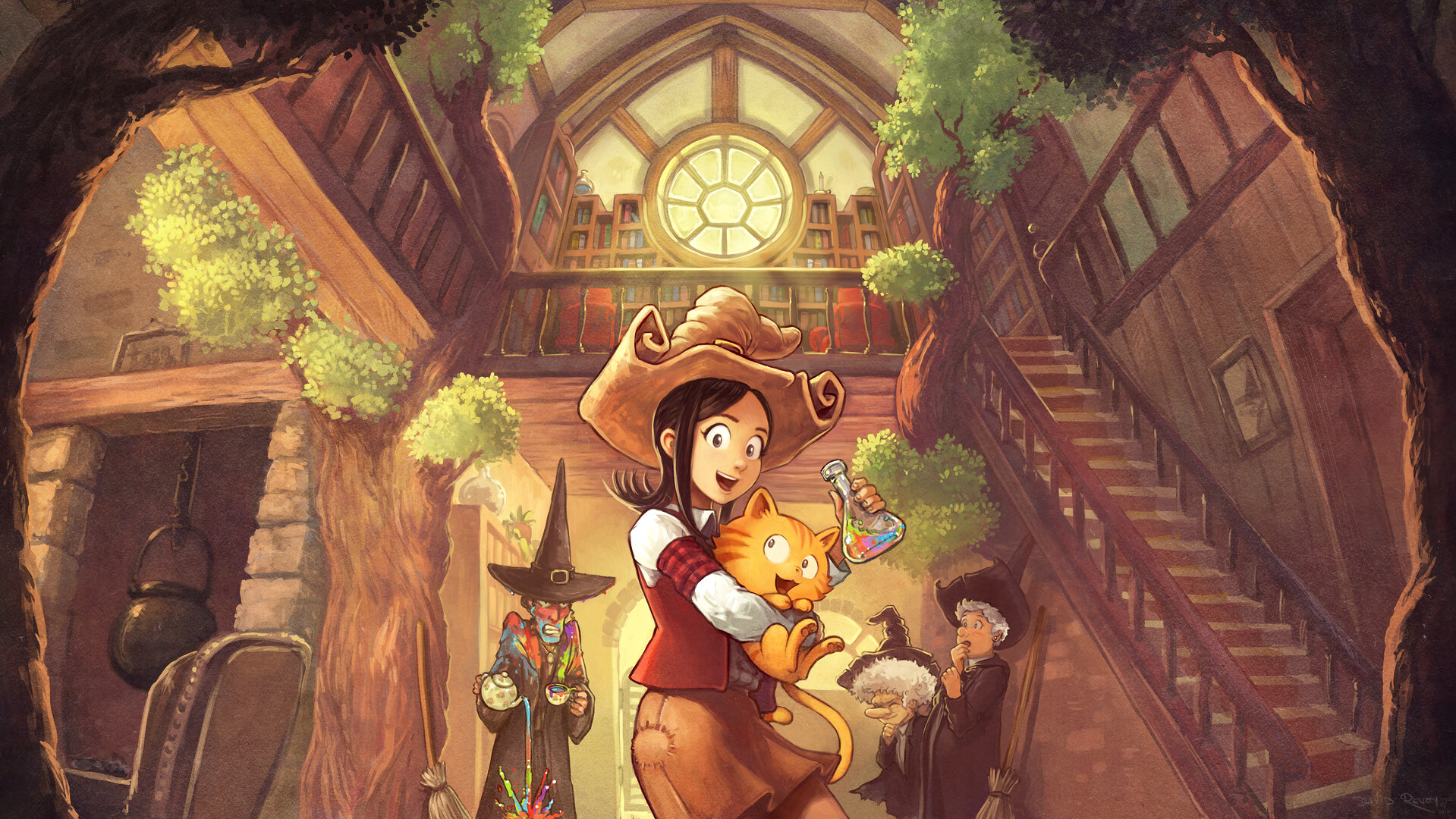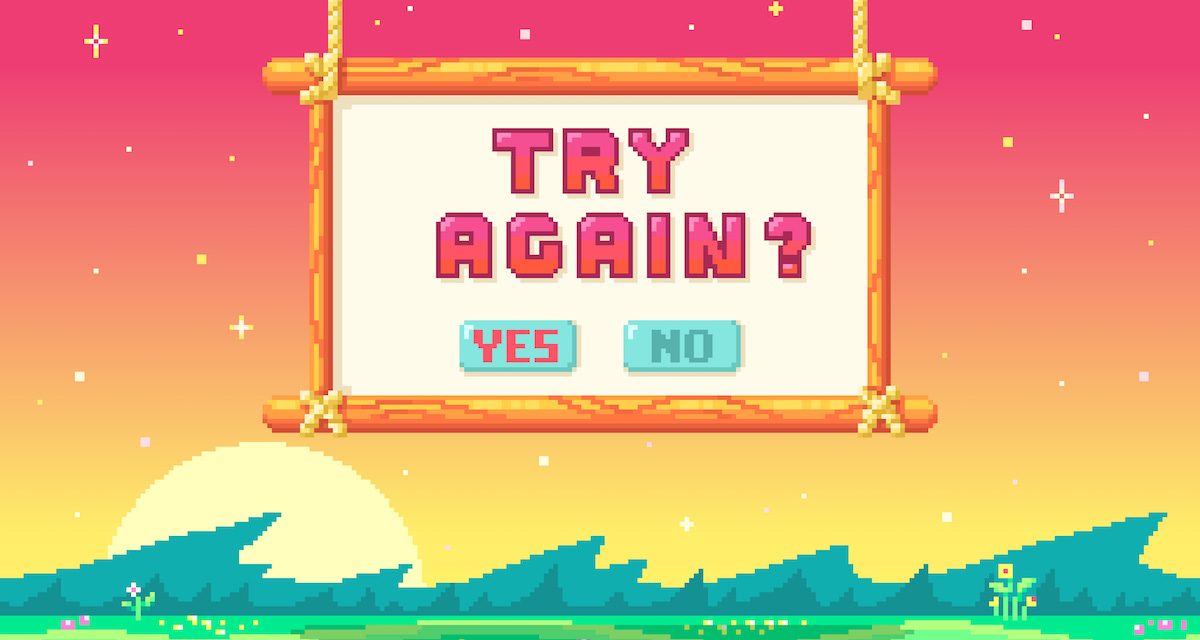Working from home; anecdotes from a strange career
It's no secret that the COVID-19 pandemic changed how people work. Many
folks got their first taste of Work-From-Home when they couldn't go into
an office. Unfortunately now we're starting to see articles on places
wondering if we should go back into offices or asking what we're missing
by not being in the office. Some folks are even starting their
siren-like calls for employees to go back into the office despite there
still being a pandemic.
I'm in a unique position in that over my career I have had multiple
working arrangements. I've been full-time in an office, full-time
remote, and several combinations of remote and in-person work. I present
these as anecdotes in the hopes that we can think a little deeper about
how best to proceed with asking folks back into the office, and
understand that our current solutions for working from home might work
better if we made a few tweaks to them.
Note that I'm a programmer / system administrator so most of my work is
in front of a computer. I understand not everyone is able to exercise
this level of privilege. I also believe that we put way too much
emphasis on folks having butts in seats when their job doesn't have any
human contact at all. Also, full disclosure: it is my hope that I never
need to go back into an office situation ever again. I prefer to work
from home, and if given the choice I'll gladly take working from home
over an office any day. But I hope my insights will help make this an
attractive option for those who aren't completely sold on total
work-from-home.
My first jobs were in the automotive industry. Both places were starting
to get work-from-home (remote access) but they considered these
solutions to be used as a last resort. The expectation was still that
you would be in the office. This lead to me driving into the office one
day during a snow storm and almost slipping off of the road. When I
arrived I found that few people were in the office. Had I been given the
opportunity I would have worked from home on that day.
(This is one of my rubrics for working from home: if the local schools
are closed then you should be allowed to work from home. Your job is not
worth you getting maimed or killed, and doubly so if the weather is
treacherous. Stay home.)
The one thing that I liked about being in the office was that I got to
know folks. We'd go to lunch and talk about all of the strange shit that
was going on in our lives. We had time to talk during work, and could
shoot-the-shit. That's one theme that will be running throughout this
post: have the ability for folks to decompress and talk with one
another.
My next major job change was for a company that had a fully remote
support staff. I spent about a year and half working with folks that I
mostly knew over voice chats on Skype and IM. Overall it was good, but
there were times when I didn't know if I was making folks angry with me
or if I was screwing up. I missed a lot of cues that could have helped
me better understand how folks were reacting. This company also had a
local office that I drove to once. The relationships that folks had
there were way different than the relationships I had with my team. Had
I not known a few of the folks there outside of work I would have felt
even more isolated. It wasn't until an all-hands meeting that I met the
rest of my team and got to chat with them. While I enjoyed this job I
also found myself burning out and stressed out.
One of the things that might have helped out is more video chats with
the rest of my team and the ability to "hang out" during work. I know
that's not generally thought of as part of work, but it might have
helped us to get to know each other better. We did have chats in IM
about various topics, but even having a regular "hey, how are things
going outside of work" chat might have helped us. That's something that
I missed from being in the office.
My next fully-remote position started with me meeting my manager and the
rest of my team. That was a marked improvement over my previous job.
Unfortunately I was also in a situation where my manager left for
reasons and the only other folks I had to talk to was the rest of the
folks I was working with. My new management had no idea what I was
doing, and it became apparent that it wasn't going to work out
long-term.
The next job I had was three days at the office and two days working
from home. If I had to go back into an office then this would be the
compromise I would accept (though I'd prefer two days in the office, and
three days working from home). This allowed our team to bond in the
office while still giving me the ability to work on things in solitude.
My latest job started as contracting-from-home. It's a small company but
it has enough conversation for me to not feel completely left out. This
is currently my preferred working style.
What I learned over this career is that working from home can feel
isolating if you're not allowed to have the ability to communicate with
the rest of your staff. That doesn't just mean your direct team but also
other folks in the rest of the company. This doesn't all have to be
about work, either. I think part of the stress that folks have about
work-related chats is that there's the requirement (imposed or
otherwise) that everything on the business equipment needs to be only
about business. That's fair, but it also means that your staff will find
other ways to find the warm human contact that we all crave. In the old
days it was the office phone (and the cell phone). For me it was IRC. In
most cases it's having lunch or kibbitzing before a meeting in a
conference room, or wandering over to someone else's cubicle. If you're
going to go remote you need a place for folks to connect with others
that isn't strictly about work.
Another thing I learned is that it does help to see faces. Having voice
and IM-only conversations with folks on my team made them feel more
distant. The technology has gotten better for face-to-face conversations
so let's do more of that. And no, it doesn't have to be studio perfect.
Be human. Humans are messy creatures and we should celebrate our
messiness. If something happens that isn't "business" then celebrate it.
If your cat jumps on the desk then celebrate that you have a cat. Give
yourselves the ability to be human and not just an automaton that turns
money into work.
The more we loosen our formality with the tools we have the better we'll
be able to use them. Sure, there still need to be boundaries, and sure,
not everyone is going to want to be on camera 8 hours a day. But if we
give ourselves permission to be less formal and give ourselves the
ability to connect more deeply with folks over IM and video then we'll
be able to forge new ways of working. We need to stop making video chat
into a perfect broadcast. It's possible to have an entire workforce
that's remote and engaged with each other in ways that were impossible
in the workplace. Let's explore those while we have the opportunity.
http://decafbad.net/2021/06/11/working-from-home-anecdotes-from-a-strange-career/
#misc #Adayinthelife #DeepThoughts #Career


 {width="100%"}
{width="100%"}

